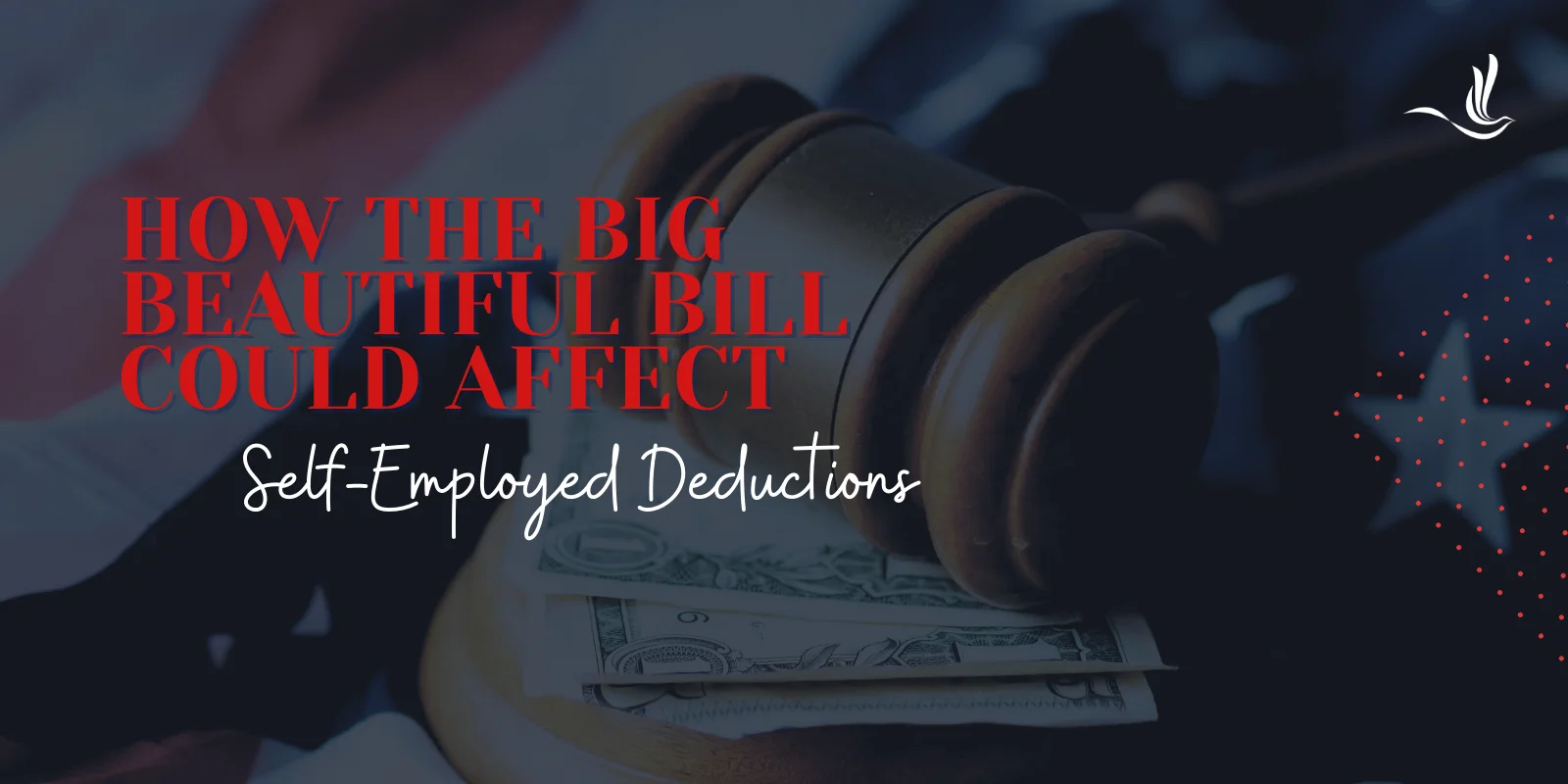Friedrich von Hayek considered the rule of law to be essential in minimizing coercion and enhancing individual liberty. In this context, he regarded “equality before the law” (formal equality) as essential to the rule of law. However, he emphasized that formal equality is the only concept of equality that is compatible with the rule of law. He criticized socialist and progressive attempts to theorize further notions of equality, which they package as “social justice,” as disguised attacks on liberty. In the Constitution of Liberty, he explains,
Equality of the general rules of law and conduct, however, is the only kind of equality conducive to liberty and the only equality which we can secure without destroying liberty. Not only has liberty nothing to do with any other sort of equality, but it is even bound to produce inequality in many respects. This is the necessary result and part of the justification of individual liberty: if the result of individual liberty did not demonstrate that some manners of living are more successful than others, much of the case for it would vanish.
Like Ludwig von Mises, Hayek defended liberty on the basis that individual liberty is essential to Western civilization—he described it as “that ideal of freedom which inspired modern Western civilization and whose partial realization made possible the achievements of that civilization.” It would make no sense for anyone who values this civilization to undermine the very liberty that enables it to flourish. Attempting to eradicate inequality, while purporting to value the conditions that gave rise to that inequality, would be contradictory.
To Hayek, formal equality is not based on the essential equality of human beings, but on the ideal of liberty. He cautioned that,
[W]e must not overlook the fact that individuals are very different from the outset.… As a statement of fact, it just is not true that “all men are born equal.”
Formal equality is not based on the premise that people are equal—it is precisely because people are not equal that the law assures them of the equal protection conferred by the rule of law. The law assures us that rich or poor, tall or short, black or white, we are all subject to the same rules. As Hayek puts it, formal equality
…not only recognizes that individuals are very different but in a great measure rests on that assumption. It insists that these individual differences provide no justification for government to treat them differently.
Under the rule of law, people’s innate differences are deemed to be irrelevant, hence the classical reference to “blind justice.” The point of blind justice is not that differences do not exist, but that the law takes no account of them. Thus, Hayek emphasizes that equality before the law neither “assumes that people are in fact equal [nor] attempts to make them equal.” He adds,
Nothing, however, is more damaging to the demand for equal treatment than to base it on so obviously untrue an assumption as that of the factual equality of all men. To rest the case for equal treatment of national or racial minorities on the assertion that they do not differ from other men is implicitly to admit that factual inequality would justify unequal treatment; and the proof that some differences do, in fact, exist would not be long in forthcoming. It is of the essence of the demand for equality before the law that people should be treated alike in spite of the fact that they are different.
In other words, arguing that people are treated equally because they are in fact equal, would imply that if they were not in fact equal, then they need not be treated equally. Yet the whole point of the rule of law is to govern everyone by the same general rules despite their individual differences. It follows that the rule of law is not evaluated by reference to whether people are in fact equal, but by ensuring that the rules apply to all in the same way. State power is limited by the requirement that it must treat all citizens the same. It would make no sense to say that the way for the state to treat all citizens the same would be to treat people differently so that they all end up the same. This is the essential flaw in critical legal theories that expect all groups of people to end up “equal” following the eradication of all attainment gaps.
Hayek’s defense of the rule of law is in large part addressed to those who may not share his own moral preference for liberty—hence, he appeals to reason and rationality by highlighting the role of liberty in enabling society to flourish. He does not think much of the natural law, or the concept of free will, as justifications for liberty, observing that, “It appears that the assertion that the will is free has as little meaning as its denial and that the whole issue is a phantom problem, a dispute about words in which the contestants have not made clear what an affirmative or negative answer would imply.” Nor does he see anything “natural” about property rights, observing that it is not clear “What exactly is to be included in that bundle of rights that we call ‘property,’… There is nothing ‘natural’ in any particular definition of rights of this kind.”
Instead, like Mises, he emphasizes the fact that very few people could credibly claim to value equality so highly that they are prepared to give up liberty and destroy civilization in order to achieve a more equal society. In most cases, people who claim to want a tradeoff between equality and liberty simply hope and expect that they can reconcile the contradictions pointed out by Hayek. They suppose that they would be quite happy to have a little less liberty if that would yield a little more equality. But Hayek shows this expectation to be woefully misguided. He rejects all “social justice” demands, not only because the knowledge problems he highlights would make it impossible to achieve the expected tradeoffs, but more importantly because his aim is to maximize liberty by minimizing coercion. Any attempt to equalize people would go against that, and would in fact be “the opposite of freedom.” Liberty cannot be enhanced by destroying it.
Liberty is bound to produce inequality because people are essentially different. For example, if an athlete who trains harder than others is more likely to win the race, those intent on equalizing the performance of all runners must ensure that no one is at liberty to train harder than others, and that those who need catching up get special help with their training. Hayek explains, “the only way to place them in an equal position would be to treat them differently.” This is the premise underlying schemes like affirmative action and diversity, equality, and inclusiveness—to treat people differently in order to equalize their position, which Hayek refers to as “material equality.” Thus, Hayek explains:
Equality before the law and material equality are therefore not only different but are in conflict with each other; and we can achieve either the one or the other, but not both at the same time. The equality before the law which freedom requires leads to material inequality.
Unlike Mises and Rothbard, Hayek accepts a role for “taxation and the various compulsory services, especially in the armed forces,” within the rule of law. He argues that although these are coercive, they are mitigated by being “predictable” and “as independent of the will of another person as men have learned to be in society.” He also accepts that state interventions may be required to protect individuals from the coercion of others. But Hayek does not accept that state coercion is ever necessary to make people equal: “the desire of making people more alike in their condition cannot be accepted in a free society as a justification for further and discriminatory coercion.” In his view, the desire for equalization is driven by mere envy, “the discontent that the success of some people often produces in those that are less successful.” The state has no role to play in promoting the destructive vice of envy.
As readers will know, Rothbard criticized some of the key aspects of Hayek’s philosophy of liberty, in particular his “compromising and untenable positions” in relation to taxation, conscription, and other state interventions as well as Hayek’s “brusque and cavalier dismissal of the whole theory of natural law.” As concerns the rejection of material equality, Rothbard was not convinced that socialist demands for “social justice” could be answered by dismissing it as meaningless and declaring its proponents to be merely envious of others. It may sometimes be the case that people genuinely regard inequality as unjust, not because they are envious but because they genuinely (albeit, as Rothbard shows, wrongly) believe in Marxist theories of class conflict and exploitation of the poor. In Rothbard’s view, a theory of justice is therefore needed to respond to claims that inequality is unjust, and he argues that such a theory is best grounded in the natural law principles of self-ownership and private property.


























